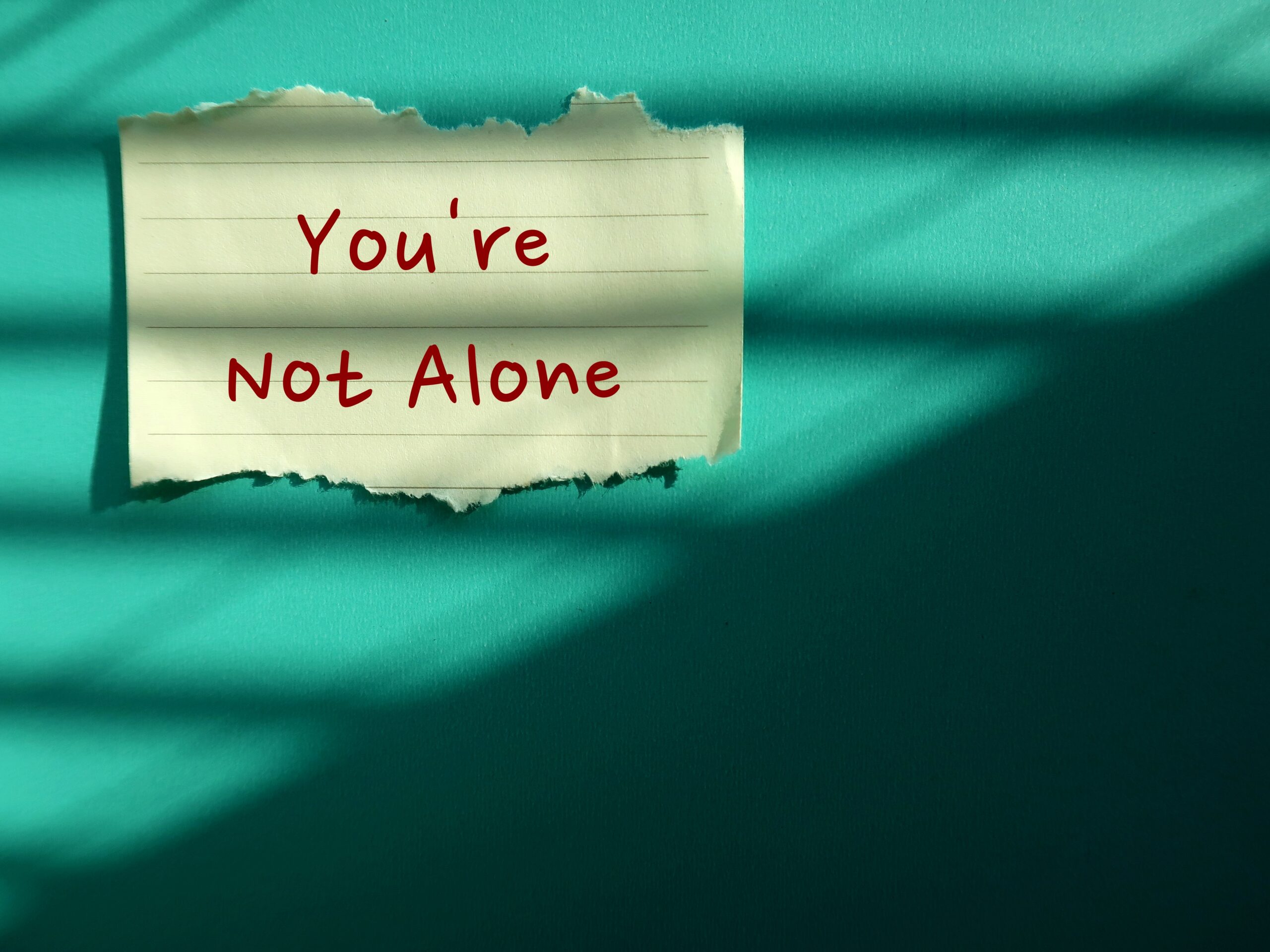
Recovering from a Substance Use Disorder (SUD) and creating a new way of life is an incredibly challenging experience that can make a person feel lonely and isolated. Even when receiving support from doctors, therapists, friends, and family, an individual may feel like nobody can truly relate to what they’re going through.
This is where peer support comes in. Receiving guidance from someone who’s walked a similar path and come out on the other side can help improve an individual’s outlook and motivation towards recovery.
What Is a Peer Supporter?
A peer supporter is a person who is in recovery and offers support and guidance to others seeking recovery from substance use disorder. Peer supporters have significant lived experience with recovery and, consequently, a deep understanding of what it takes to achieve and maintain a healthy lifestyle.
Unlike therapists or doctors, peer supporters don’t offer clinical advice, but they educate, mentor, and support others with the goal of helping them stay engaged and successful in the recovery process. They do this by sharing personal experiences, guiding their clients to self-directed choices, and helping with skill building, goal setting, and recovery plan creation.
Peer supporters also often work in concert with treatment facilities, various programs, and therapists to help ensure individuals receive the care they need.
My Experience as a Peer Supporter
To give you a better idea of what life as a peer supporter looks like in action, I want to share a personal story from my perspective as a member of the CHESS Health peer team.
I heard the distinct FaceTime ring at 11:30 p.m. and immediately knew something must be wrong or someone was struggling. Turns out, I was right, and I’m so glad I took the call despite desperately needing some sleep before a 6:30 a.m. wake-up.
On the other end of the line was one of my clients and his girlfriend. This man has had periods of recovery over the years—including a recent 1.5-year sober streak—but things had not been going well for the last few months. He moved to a new state with no job or recovery plan, and had been living alone for many months.
Semi-regular drinking, daily cannabis use, not taking the recommended doses of his psychiatric medications, and intense loneliness were fueling more and more substance use. His father no longer wanted to speak to him and threatened to provide zero financial support if he didn’t “figure this all out.”
After an hour-long, three-person call, my client thankfully agreed to go to medical detox. His therapist and I worked together to secure him a bed in a treatment facility for the next morning and made sure he filled out the necessary paperwork. I set my alarm and went off to bed.
Around 8 a.m., I received a call from the treatment facility. They told me there were issues with my client’s insurance/co-pay/down payment. After spending multiple hours on calls with my client, his therapist, his girlfriend, his family, the admissions department, and a few co-workers, we resolved the issues and secured transportation for him to the treatment facility.
I’m so happy to say this individual is now sober, has obtained partial custody of his adolescent daughter, has a house with a kind, stable roommate, and holds down a job he enjoys. Helping this client at one of the darkest times of his recovery journey was an incredibly powerful experience. Hearing his joy when he talks about seeing his daughter or laughing with him about shenanigans at his job are some of the best rewards of peer support work.
Navigating Peer Support: Challenges and Triumphs
Being a peer supporter is like riding a wave of highs and lows. We work with many individuals in different stages of recovery, many of whom struggle with much more than substance use disorder.
The job is complex and emotionally taxing at times and, sadly, the story doesn’t always end as positively as the client’s above. Receiving a call that we lost someone makes for the most difficult days. It produces a ripple effect that impacts the client’s family and community, and my fellow peer supporters.
The pain of these tragic losses reaffirms why this work is so important. Meeting individuals where they’re at on any given day and providing healthy support can literally make all the difference.
Peer support not only consists of hard days, though. The work is extremely rewarding and provides us with a front-row seat to individuals finding and sustaining recovery. Amazing things happen to those on recovery journeys, and that’s beautiful to see firsthand.
A Final Word on Peer Support
I’ve been on both sides of the coin. I’ve been someone who received support when I was finding my way through recovery, and I know how much of a difference having healthy support from someone who’s been there can make.
Now, I’m on the other side, sharing everything I’ve learned and helping people struggling with substance use disorder reclaim their lives. This work isn’t easy, but it’s vital, and I’m grateful to be able to use the knowledge and wisdom I’ve gained to support others on their unique paths to recovery.

Written By: Will Erdman, Solutions Consultant at CHESS Health
